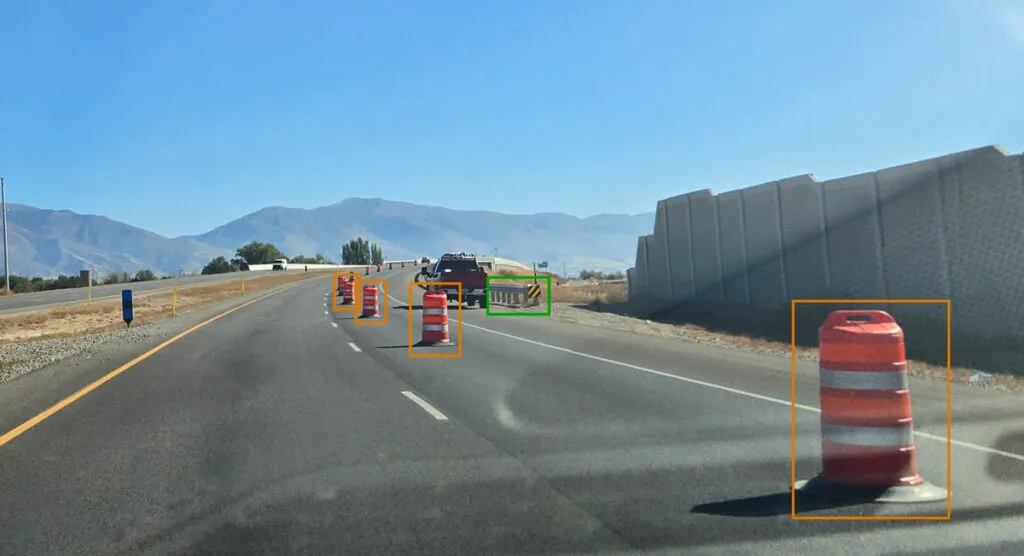Schneider Electric is working with Microsoft on CityNext, an initiative designed to help governments, businesses and citizens envision what is next for their cities. Through the CityNext initiative, Microsoft and Schneider Electric will help leaders to do “new with less,” by combining the power of technology with innovative ideas to connect governments, businesses and citizens with city services that increase efficiencies, reduce costs, foster a more sustainable environment and cultivate communities where
July 16, 2013
Read time: 2 mins
Through the CityNext initiative, Microsoft and Schneider Electric will help leaders to do “new with less,” by combining the power of technology with innovative ideas to connect governments, businesses and citizens with city services that increase efficiencies, reduce costs, foster a more sustainable environment and cultivate communities where people thrive.
The companies say that for the first time in history, more than 50 per cent of the world’s population lives in urban areas and nearly 70 per cent of people will live in cities by 2050. This ongoing migration creates unprecedented opportunities, but also intensifies problems such as aging infrastructure, hazards to public health and safety, pollution, crime and traffic.
"Our participation in Microsoft CityNext demonstrates our belief that collaboration among industry players is essential to help cities become more efficient, liveable and sustainable. The combination of Microsoft solutions with our broad portfolio of solutions, software and services will help cities improve the efficiency of their urban infrastructures, thus ensuring better public services and enabling new, innovative services for a city and its people," said Charbel Aoun, senior vice-president for Smart Cities, Schneider Electric.
“We’re thrilled to partner with Schneider Electric on CityNext,” said Laura Ipsen, corporate vice president Microsoft Worldwide Public Sector. “Even though cities are feeling the strain from economic challenges, we believe a new era of innovation will create opportunities for people to utilise technology to accomplish what they never thought possible.”









